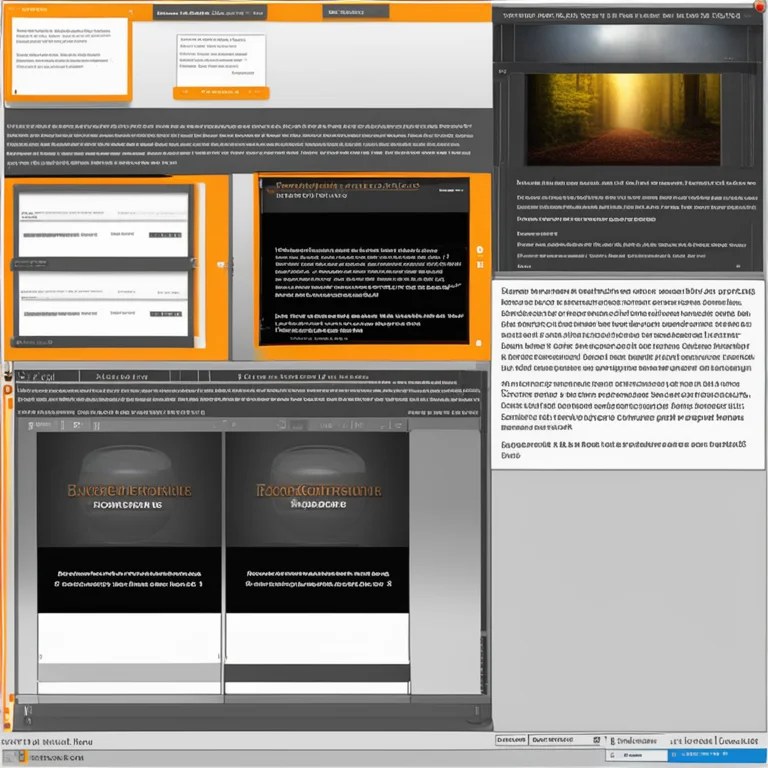
The Intersection of Meditation and Psychological Wellness
Delve into the synergistic relationship between meditation and psychological well-being, exploring how this ancient practice benefits modern mental health.
article by Hina Kurosawa
Meditation: A Psychological Catalyst
Meditation, often perceived as a spiritual practice, has gained recognition for its psychological benefits. Rooted in ancient traditions, meditation's application today transcends religious boundaries, offering a secular pathway to heightened mental clarity and emotional balance. Psychologists define meditation as a deliberate process where individuals engage in specific techniques to train attention, awareness, and achieve a mentally clear and emotionally calm state. This practice has been integrated into modern therapeutic modalities, evidencing its potential to significantly enhance psychological resilience.

The Mechanics of Meditation in the Mind
The psychological underpinnings of meditation involve the modulation of brain activity. By fostering a state of relaxation, meditation can reduce the influence of the sympathetic nervous system—responsible for the stress-induced 'fight or flight' response—while enhancing parasympathetic activity, which promotes rest and digestion. This neural tug-of-war showcases the immediate impact of meditation on psychological health, as studies have linked the practice to reduced anxiety, depression, and stress levels, along with improved emotional regulation and cognitive function.

Psychological Theories Behind Meditation
Contemporary meditation psychology integrates various psychological theories to explain its impact. Cognitive Behavioral Theory suggests meditation can help reframe negative thought patterns, while the psychodynamic perspective views it as a means to access and integrate unconscious content into consciousness. The Humanistic Theory propounds that meditation supports self-actualization and the transpersonal approach places meditation in the context of reaching higher states of consciousness, further setting the stage for profound personal transformation.

Therapeutic Approaches Encapsulating Meditation
Meditation's assimilation into therapeutic settings is largely through interventions like Mindfulness-Based Stress Reduction (MBSR) and Mindfulness-Based Cognitive Therapy (MBCT). Both are structured to cultivate mindfulness—a non-judgmental, present-moment awareness. These therapies underscore meditation's versatility, offering a scaffolding for psychological treatment that can be tailored to individual needs, whether to manage mental health conditions or enhance overall well-being.

Empirical Evidence and Future Directions
Empirical research into meditation psychology has burgeoned, with neuroimaging studies revealing changes in brain regions associated with attention and emotion regulation. Future inquiries are poised to unravel the long-term psychological effects of persistent meditation practice. In the era of digital mindfulness and biofeedback technology, accessibility to meditation resources continues to expand, propelling the practice further into the psychological mainstream as a viable tool for managing modern-day stressors.
Cultural Implications and Personalization
The cultural evolution of meditation has seen it morph from esoteric origins to a broadly accepted psychological instrument. Increasingly, meditation is being seen not as a one-size-fits-all solution but as a highly individualized practice. Psychological practitioners encourage personalization in meditative practices, considering cultural backgrounds and personal preferences to facilitate truly effective mental health intervention for diverse populations.
Published: 1/9/2024
Modified: 1/9/2024
More predictions
Come back here soon to learn more about yourself and your future


Serenity Through Meditation Retreats
Embark on a transformative journey at a meditation retreat to recharge, refocus, and reconnect with your inner self.


The Tranquil Bridge: Meditation's Impact on Sleep Quality
Discover how meditation can enhance sleep quality, weaving a path to better rest and well-being


The Serene Path: A Guide to Meditation Retreats
Discover the transformative journey of meditation retreats and how they can enhance your spiritual practice in a serene environment.